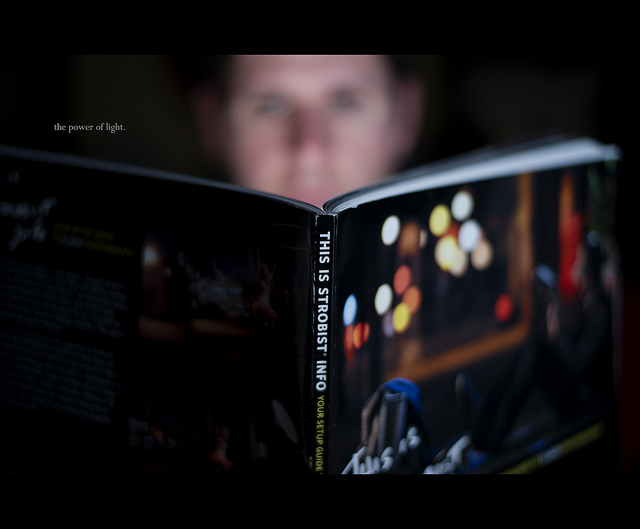One of the best ways by which to learn how to write properly is to read—almost anything, novels, non-fiction books, newspaper and magazine articles, and the content of some Web sites (Notice, I said “some.”). By virtue of a process of slow, deliberate, careful reading, you will be able to observe how to construct well-written sentences, use punctuation correctly, and vary your vocabulary.
This is a time-honored technique. It is said that Abraham Lincoln, who attended country schools only intermittently as a youngster, developed his prodigious oratorical and speech writing skills by devoting his undivided attention to reading.
This process of careful reading is very easily done. All that is required is a well-written reading selection and your ability to concentrate. If you want to make notes, then you should do so on a notepad or right on the text (as long as it is yours, and not the property of the public library). You might want to mark significant pages with paper clips so that you may refer to them at a later point.
In order for this to be an effective learning technique, you must be prepared to devote all of your attention to the task, so the television must be off, the kids must be out of sight, and you must be focused. Just about the only reading materials that might be unsuitable for this task are those found on the Internet because, by and large, they are not subject to rigorous proofreading, review, or editing, so quite a lot out there in cyberspace, while interesting, is poorly written. Much of it defies the rules of Standard English usage.
That said, the process is very simple: just read and observe; when you come across a sentence or phrase that contains something of interest, note or underline it and mark it with a paper clip, if you want. Notice the author’s use of periods, commas, apostrophes, quotation marks, colons, semi colons, and exclamation and question marks. Observe the composition of complete sentences. Notice that a well-constructed sentence may be long, as long as it communicates one complete thought. Take note of the fact that a well written piece relies on a variety of words. Rather than repeatedly using the word “take,” a skilled writer will substitute “obtain,” “attain,” “gather,” and “acquire,” along with other synonyms.
If you have a specific question that you would like answered or a problem to be solved, at some point in your reading, you will probably come across a sentence which will provide you with the information for which you have been searching. If, for example, you are unsure about how to properly place quotation marks in a section of dialogue, when you come to one of those sections (with which novels abound), read it carefully, underline or note it in the margin of the book, and clip it. Look at the following example from To Kill a Mockingbird by Harper Lee:
“Give me those scissors,” Atticus said. “They’re no things to play with. Does this, by any chance, have anything to do with the Radleys?”
“No sir,” said Jem, reddening.
Just by reading, observing, and noting, you can learn a great many of the fundamentals of writing. While you are conducting this exercise, you need not deprive yourself of the pleasure of reading. So, read, enjoy, and learn at the same time.
